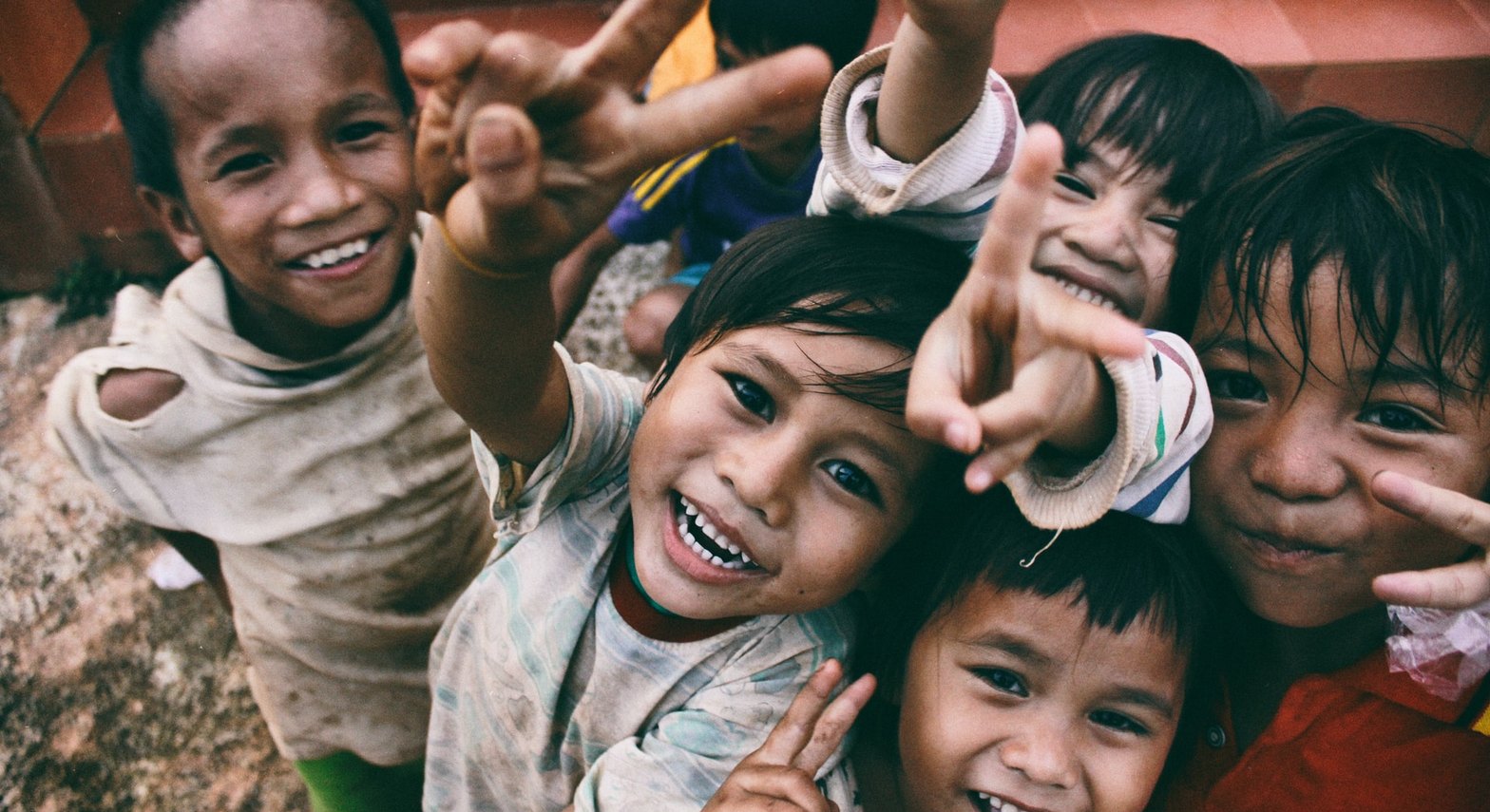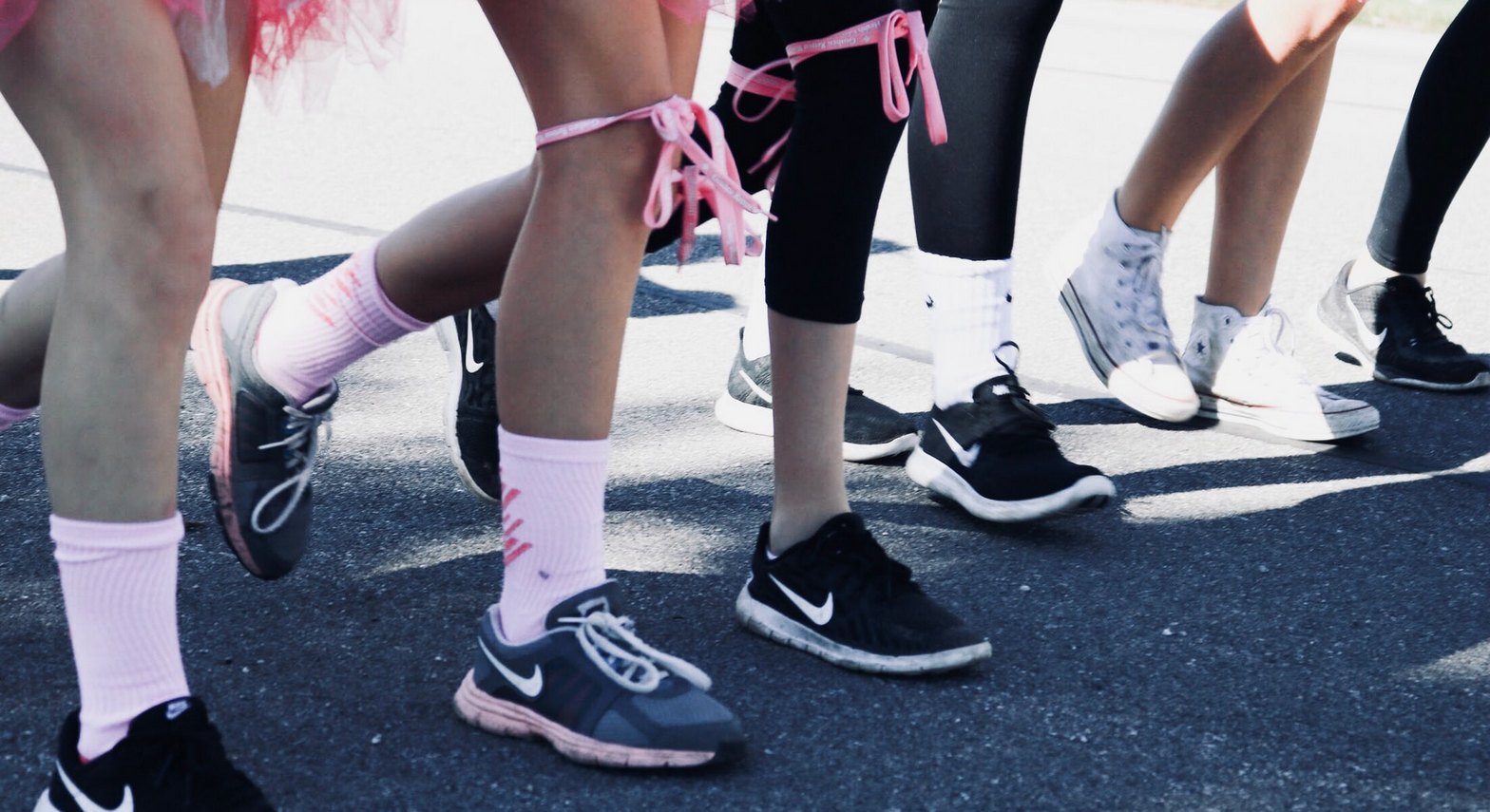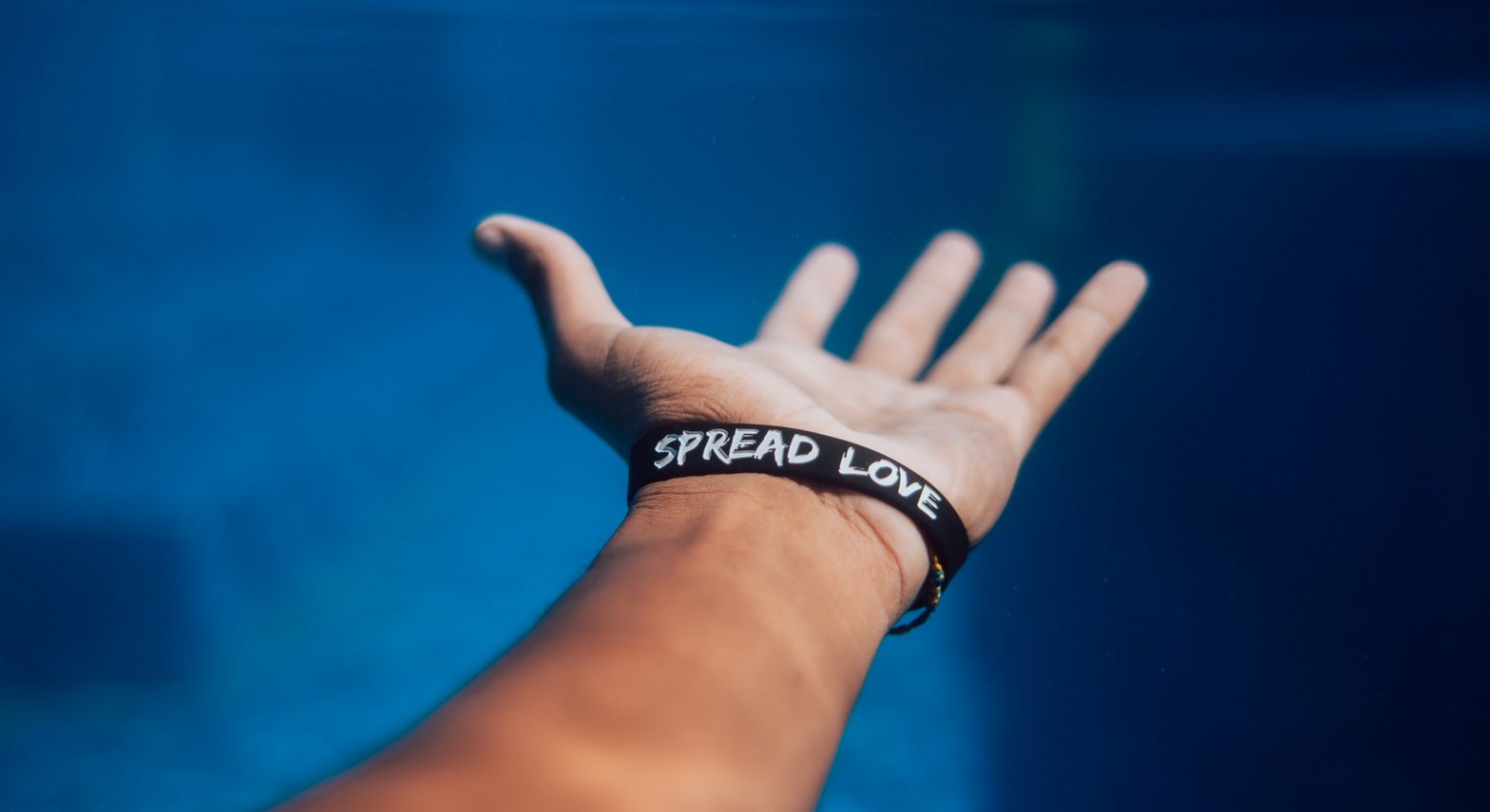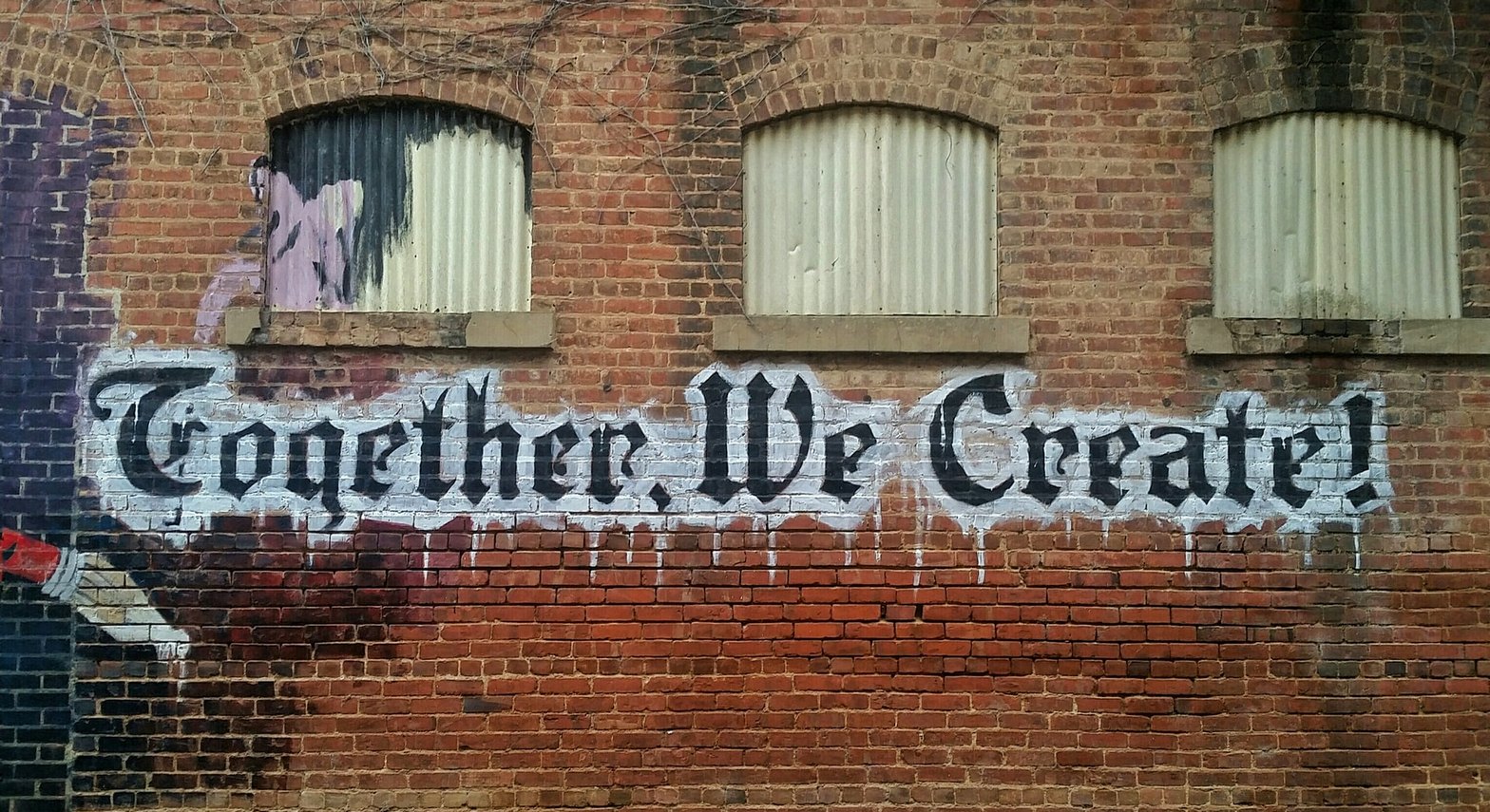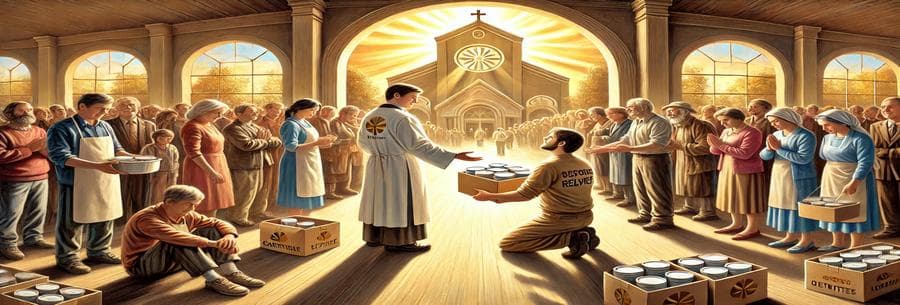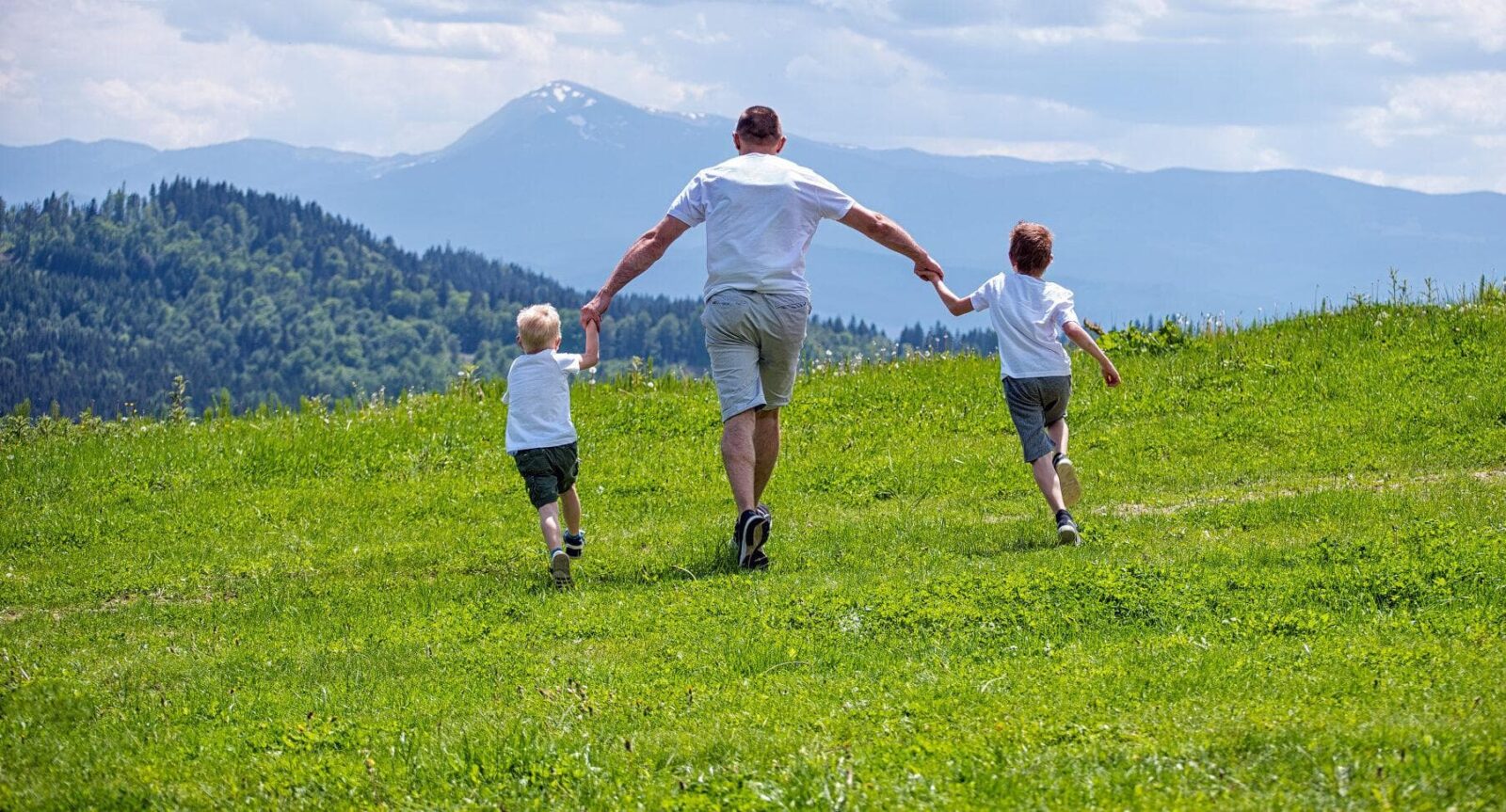Training flat for orphans.
Special kids grow up and become special teenagers who, with age, face more problems, such as: housing, education, communication skills/work-life balance. Friends and leisure time are also important aspects that people often forget about. This is something that each one of us has been through, and we deal with it on our own. But they don’t do the same thing because we move on from those moment. People with autism often need a mentor to guide them. If the “special” education system still functions, then regular education covers only teenagers and adults, which is usually confined to staying at home.
Some funds are meant to help graduates of boarding schools for children with disabilities to start their lives independently. That’s not all though – for this, there’s the concept of “training apartments”.
They offer to take a course on living with disabilities for a period of time in an apartment adapted for the disabled, including wheelchair users. The assisted living technology is only ever used on orphans and children who have no one to care for them. Project Opportunity is a 4-part program that is designed to give support services to young people raised in disadvantaged circumstances:
1. Household socialization. 2. Social and labor rehabilitation. 3.Socialization through the organization of leisure activities
There are also a lot of psychological help available for parents and caregivers. We hold consultations with each family to relieve their worries and anxiety over the wellbeing of their son or daughter with disabilities.
They provide a way for people to maintain a pet even if they don’t have much space.
Development and implementation of a model for teaching social skills in the conditions of living with others and developing social relationships for people with disabilities, including those with intellectual or speech-language impairments.
The foundations are keen to point out that many developmental, educational and cultural events exist which are aimed at socializing the family. But when children reach the age of 18 they start to feel under-supported. Young people tend to be more isolated socially and their connections are limited to close family or friends. That results in them being isolated from society, which causes a lack of social skills down the line.
It should be noted that adults with disabilities who are living at home don’t typically have the skills needed to maintain a household and may not be aware of their finances. The goal of the “Training Apartment” project is to provide a training facility for those with disabilities who want to integrate into society. It’s also meant to help people build an active life position.
I meant to mention this project months ago…
The training apartment is quite roomy – 121 square meters. Five people with ASD will live there initially. Five social workers should accompany them, working in shifts – during the day and at night. The apartment can be furnished with various zones, for example a kitchen where children can learn to cook, an art studio where they can draw, sew or do other crafts, and a playroom. They are also important in the local area and take care of flower beds with flowers grown in the spring on the windowsill. People with ASD can come to Volkner’s Drapery during any weekday or every weekend, so that is why we want them to be able. Tenants will have to learn how to do things like cooking, washing, ironing and more. This will make them more independent and teach them the skills necessary for additional help at home.
The organization’s purpose is to help the wards realize their potential to the max, to make their lives more worthy; if possible, inculcate labor skills and promote a more active involvement in society.
These kids spend their lives in hospitals or living in the care of their grandparents. This project will teach them to live independently and it has already got off to a great start.
Children learn more skills- sewing, weaving, cooking their own food, washing dishes and cleaning. They budget and save up for what they want. They take care of each other.
To avoid excessive tardiness, we developed a calendar that can be shared with the entire team to prevent double booking and oversleeping: “We take pictures of the various stages of preparing our signature dishes, we introduce visual support cards for mastering algorithms in social & everyday skills – washing hands, using the toilet etc. and rules of conduct”, “Please come to the apartment on time,” etc. Write, draw and laminate hint cards with tips that can help to overcome difficulties in the creative or craft workshop.
The main goal of training apartments is to unite families raising unusual children, create conditions for the comprehensive rehabilitation of our wards, and promote the social adaptation of children with disabilities and their integration into a society that takes disability seriously. People often do this in order to be able to provide a better life for people who are different.
Here are what some of our foundation partners had to say about their experience at the training apartment: “So far, there are great results: the kids love our volunteers and vice versa. The teachers have been shown a lot more respect too. Dave and Mike have already mastered the basics of cutting products, learning to cook cereals, setting the table, washing dishes, vacuuming and dusting- they really like it! Once children are given the help and guidance of someone, they quickly learn how to learn on their own.
Cases of autism, schizophrenia and other genetic disorders often cause people to experience difficulty when it comes to being independent. Many project participants live with such characteristics. What difficulties can make it hard for them? For example, lack of social skills (from hygiene and cooking to using a washing machine). Or the inability to stay alone at home and occupy yourself, problems in spatial orientation, or “strange behavior” on the road. Almost all residents of training centres have some form of disability. Everyone needs a daytime job. Full-time, part-time, or any kind of occupation will do. You can also hold down other responsibilities such as another circle of work or leisure activities or sport. Nobody should just stay home all the time.
Programs like this one can help young disabled people towards independence and a better future. Escort workers need to focus on developing employable skills, the ability to create and maintain relationships, and generally learn how society operates. Including the ability to ask for help from your neighbors when moving in with them (teaching special adults the rules of living in apartments and mutual assistance).
There is a lot of variety among the people in apartments. One person likes to write and play piano, another might use a phone or public transport, and some people might do things like use cards or talk buttons. Some people need constant emotional support too.
A training flat is like a centrifuge for astronauts who are preparing for a trip. The better and more successful the preparation, the greater the chances of a successful trip in the future. There are a lot of benefits to investing in social projects and they’re really important to the wider history of accommodating special people.

